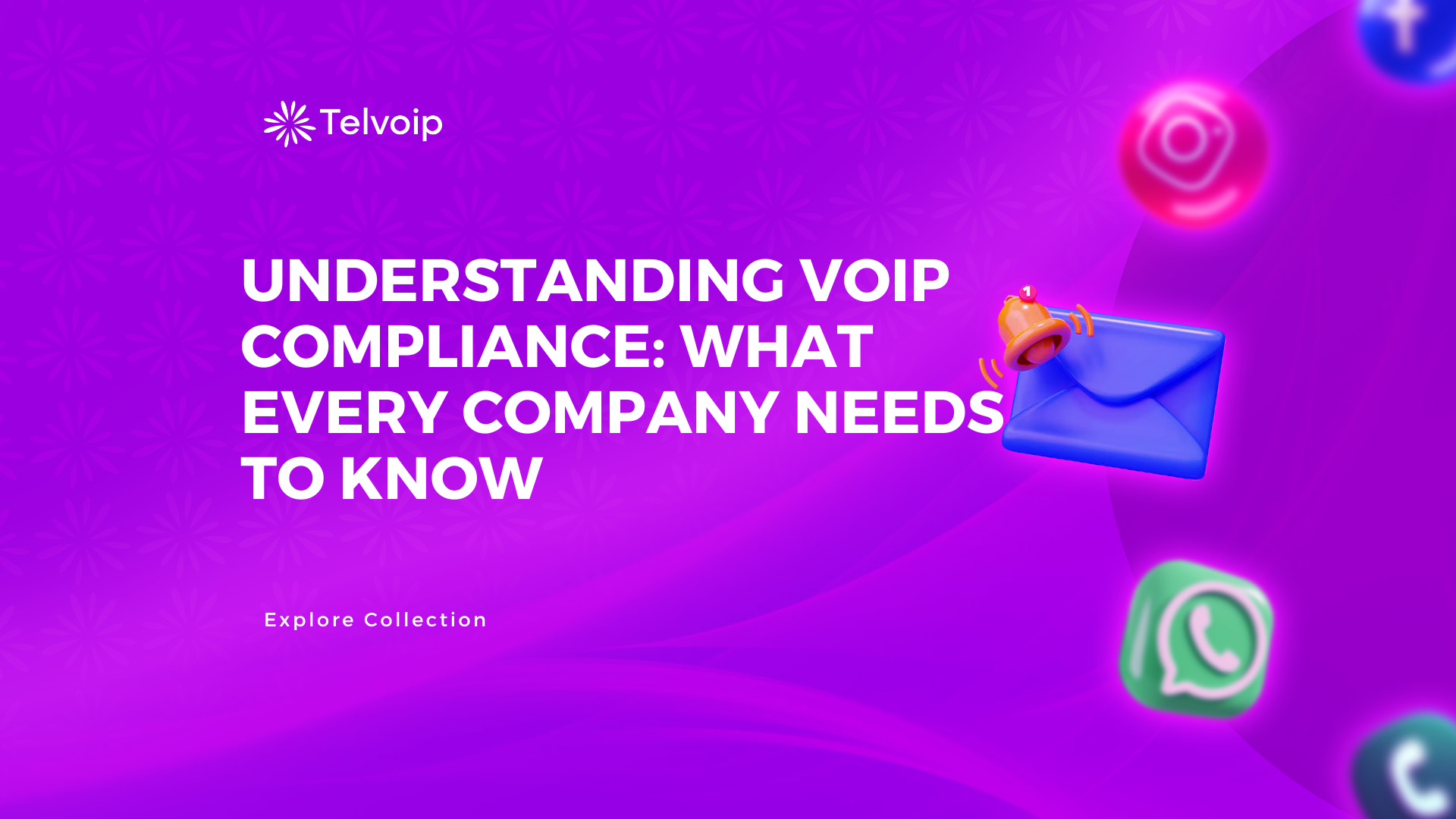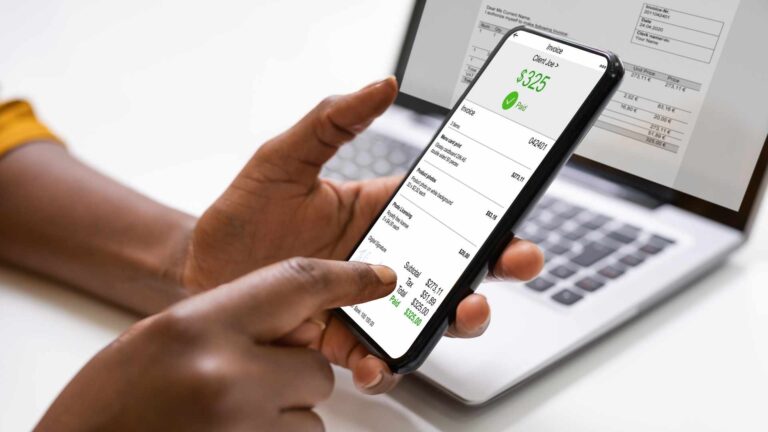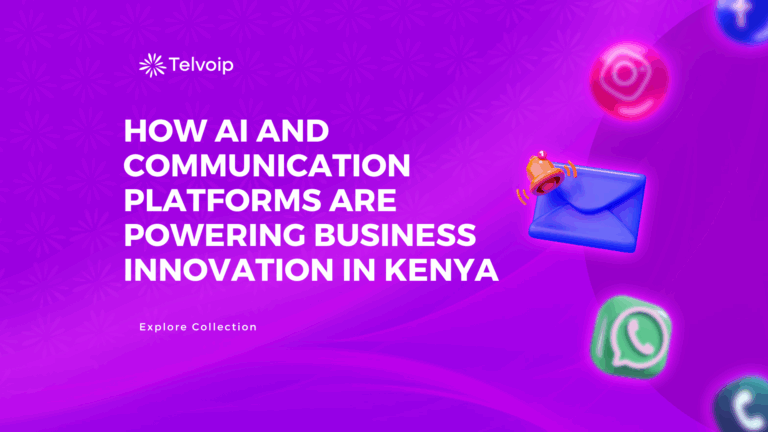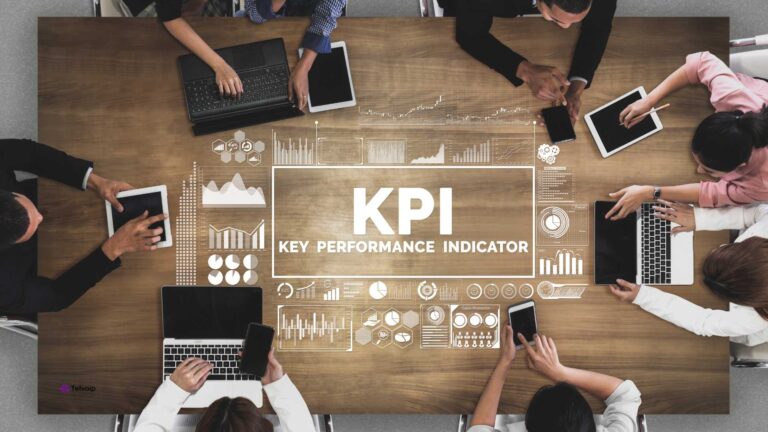Table of Contents
ToggleIntroduction
Voice over Internet Protocol (VoIP) has revolutionized business communications, delivering flexibility, scalability, and cost savings that traditional phone systems can’t match. As much as VoIP offers undeniable benefits, with these advantages comes a critical responsibility for compliance. But as more companies adopt VoIP solutions, whether you’re a service provider or a business relying on VoIP solutions, understanding and adhering to compliance requirements is essential for risk management, customer trust, and operational continuity. In this article, we’ll explore what VoIP compliance entails, the key regulations affecting B2B companies, and how providers like Telvoip help businesses navigate this complex environment with confidence
What is VoIP Compliance?
VoIP compliance refers to meeting the legal, regulatory, and technical standards that govern how internet-based voice communications are managed, stored, and transmitted. Unlike traditional phone systems, VoIP system s operate over IP networks and fall under a mix of telecommunications, data privacy, and cybersecurity laws. Key regulatory frameworks that affect VoIP include:- FCC (Federal Communications Commission) – governs VoIP services in the U.S.
- GDPR (General Data Protection Regulation) – for companies handling data of EU citizens.
- HIPAA – for healthcare-related communications in the U.S.
- PCI-DSS – for businesses processing payments over VoIP lines.
- CRTC regulates VoIP in Canada.
- Who Regulates VoIP and Why It Matters
- Core Compliance Requirements for VoIP
- Licensing and Registration
- Interconnection and Universal Service
- Tax Compliance
- Privacy, Security, and Data Protection
- Data Protection Laws
- Encryption: Use protocols like Secure Real-time Transport Protocol SRTP and Transport Layer Security TLS encrypt calls and signaling data.
- Authentication: Implement multi-factor authentication and robust access controls.
- Monitoring: Regularly audit your systems and test for vulnerabilities.
- Anti-Fraud: Deploy session border controllers and fraud detection tools to prevent unauthorized access and toll fraud.
- Call Quality and Brand Protection
- Emergency Services and Accessibility
- E911 and Emergency Access
- Disability Access
- Recordkeeping and Consumer Protection
- Managing Risk and Staying Ahead
- Consult legal and compliance experts regularly.
- Choose VoIP partners and providers with a strong compliance track record.
- Train your staff on compliance and security best practices.
- Monitor regulatory updates in all regions where you do business.

Major Compliance Requirements for VoIP Providers and Users
- Data Privacy & Security
- Emergency Services (E911) Compliance
- Call Monitoring and Consent
- Cross-Border Data Transfers
- Spam and Telemarketing Compliance
Compliance Challenges for B2B Companies
- Jurisdictional complexity: Regulations vary across countries and states, making global compliance tricky.
- Rapid tech evolution: As VoIP systems integrate with CRMs, cloud apps, and AI tools, compliance requirements shift quickly.
- Vendor dependency: If your VoIP provider lacks compliance capabilities, your business is still liable.
- Limited internal expertise: Many small to mid-sized B2B firms don’t have a dedicated compliance officer.
Best Practices for Staying Compliant
Navigating VoIP compliance isn’t a one-time event; it’s an ongoing effort that requires vigilance, the right tools, and a proactive mindset. Below are the best practices B2B companies should adopt to stay compliant across all communication channels:- Conduct Regular VoIP Compliance Audits
- Schedule quarterly or bi-annual audits of your VoIP infrastructure to identify vulnerabilities, assess data flows, and evaluate regulatory adherence. By using platforms like Telvoip, which supports audit-ready reporting and offers automated logs and real-time monitoring tools to simplify internal and third-party audits.
- Work with a Compliance-Focused VoIP Provider
- Don’t leave compliance to chance. Choose a provider like Telvoip that bakes compliance into its core infrastructure, so you’re protected by default.
- Implement and Document Internal Policies
- Clearly define how VoIP data is managed, who has access to it, and what protocols are followed for consent, storage, and deletion.
- Store your policies in a centralized location and ensure they’re accessible during audits or compliance reviews.
- Train Teams on VoIP Legal Requirements
- Provide mandatory training for customer service, sales, IT, and compliance teams on:
- Data privacy laws
- Call recording consent rules
- Recognizing and reporting potential violations
- Use Call and Data Retention Settings Thoughtfully
- Avoid storing sensitive information longer than needed. Set automated data retention policies in line with regulatory guidelines (e.g., 6 months for certain industries, 7 years for others). With platforms like Telvoip, it enables granular retention controls, letting admins customize storage durations per call type or department.
- Enable Two-Factor Authentication (2FA) and Role-Based Access
- Secure access to your VoIP systems with 2FA and role-based permissions, ensuring only authorized personnel can access call logs, recordings, and system settings.
- Telvoip offers enterprise-grade identity and access management features, integrated with your SSO providers (e.g., Okta, Microsoft Entra ID).
- Stay Informed on Regulatory Changes
- Subscribe to compliance newsletters, follow updates from regulators like the FCC or CRTC, and monitor international trends.

Compliance as a Competitive Advantage
While compliance is often seen as a legal obligation, forward-thinking companies are leveraging it as a strategic differentiator, especially in industries where trust, security, and reputation matter.- Build Client Trust and Confidence
- When clients know their data is handled responsibly, they’re more likely to do business with you and stay long term. Telvoip enables companies to demonstrate this trust with certified security practices, consent features, and audit-friendly logs.
- Win Business in Regulated Industries
- Financial services, healthcare, legal, and government sectors require vendors to meet strict VoIP compliance standards. By partnering with service providers like Telvoip and using its compliance-ready tools, your business becomes eligible for more high-value contracts and RFPs.
- Reduce Risk of Fines and Downtime
- Non-compliance can lead to hefty fines, lawsuits, and PR disasters. Proactively managing your compliance posture helps you avoid regulatory penalties and unexpected disruptions.
- Telvoip includes uptime guarantees, failover protocols, and robust security SLAs to minimize both legal and operational risks.
- Enhance Brand Reputation
- Transparency in communication policies and clear consent practices position your brand as ethical, secure, and reliable, an increasingly important factor in today’s B2B landscape.
- Improve Operational Efficiency
- Compliance often requires clarity in process, documentation, and reporting elements that also improve internal alignment and efficiency. Telvoip provides centralized dashboards, automated policy enforcement, and custom reporting tools to streamline compliance without manual effort.

Choosing the Right VoIP Provider
Selecting the right VoIP provider is one of the most important decisions a B2B company can make when it comes to compliance, security, and scalability. Not all providers are created equal; some prioritize price over protection, while others lack the infrastructure to handle evolving regulatory demands. Here’s a checklist of critical features and questions to guide your decision-making process:- Is the platform end-to-end encrypted?
- Ensure the provider uses strong encryption protocols (e.g., TLS, SRTP) to protect voice and data in transit.
- Telvoip offers military-grade encryption by default on all calls, protecting your data from eavesdropping and cyber threats.
- Does it support industry-specific compliance?
- Ask if the provider complies with HIPAA, GDPR, PCI-DSS, SOX, or other sector-specific regulations.
- Telvoip provides compliance-ready configurations, making it suitable for healthcare, finance, legal, and government entities.
- Can it handle multi-jurisdictional data requirements?
- For international businesses, data localization matters. Does the provider let you choose where your call and user data is stored?
- Are call recording and consent features configurable?
- Legal call recording often depends on jurisdiction. Look for customizable consent settings, automatic notifications, and secure storage. Telvoip’s platform allows you to customize call prompts, manage recording access, and automatically purge data based on retention policies.
- Does the provider offer STIR/SHAKEN and anti-spam tools?
- These technologies are essential for preventing caller ID spoofing and ensuring call legitimacy, especially for outbound sales teams. Telvoip uses STIR/SHAKEN protocols and robocall mitigation to improve call deliverability and maintain your brand’s reputation.
- Is there transparent documentation and audit support?
- Can the provider help during compliance audits, provide system logs, and maintain clear records of data access and user activity? Telvoip offers comprehensive audit trails, API integrations for compliance reporting, and dedicated enterprise support for regulatory inquiries.
- Does the platform scale securely with your business?
- As your team grows or expands globally, your VoIP provider should scale without sacrificing performance or compliance. Telvoip’s cloud-native architecture supports thousands of concurrent users and integrates seamlessly with CRMs, ERPs, and helpdesk systems.
- Are there built-in disaster recovery and business continuity features?
- In the event of outages or cyberattacks, can you stay connected? Telvoip includes geo-redundant failover systems, automatic rerouting, and backup call paths, ensuring uptime and reliability even in emergencies.








